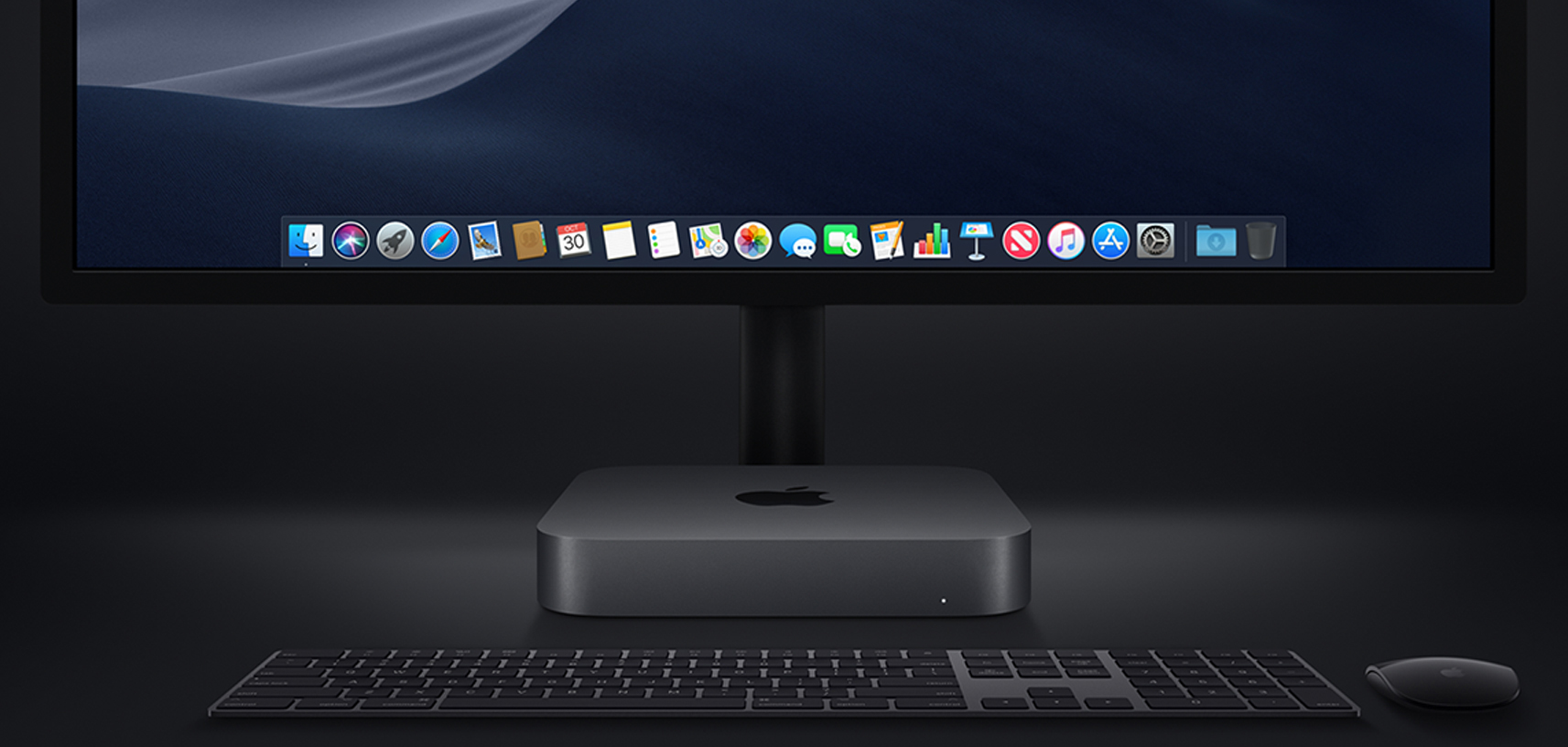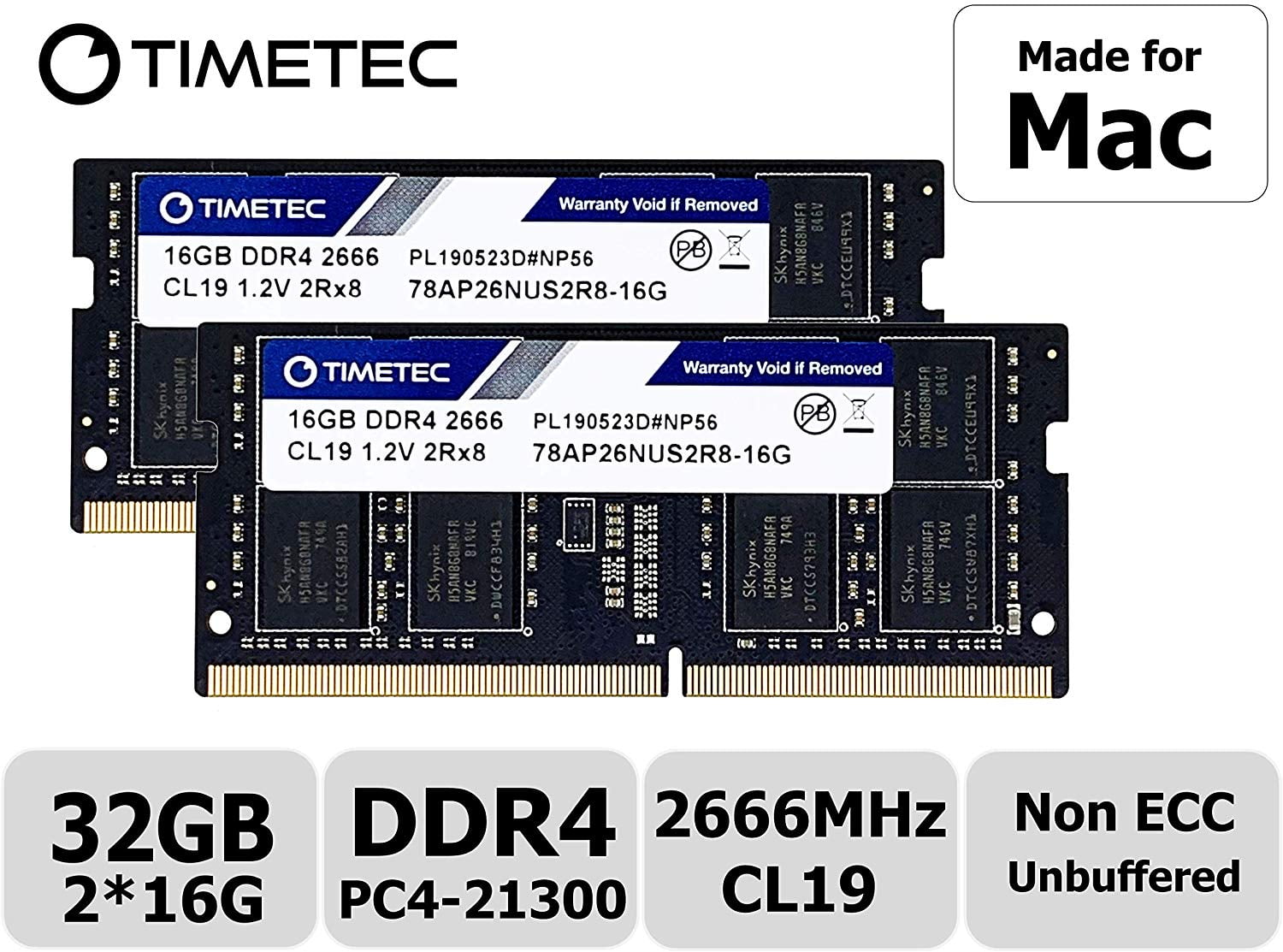

At least with an SSD a reboot isn’t the time hog it used to be.įor a laptop, though, I personally wouldn’t need 32GB. Yes, it would be nice if macOS Sierra was able to recover RAM better without a reboot, but it doesn’t. Really what 32GB means is that I have to reboot less than I did when I had only 16GB. There, too, it made a difference, especially given that I often have a second user account logged in simultaneously. The difference was so noticeable that I did the same on my 2011 27″ iMac I use in the studio where I record all my podcasts. The point is that for mostly-average usage, I definitely experienced a tangible benefit when upgrading to 32GB of RAM. After 9 days of uptime, including a mostly-unused weekend, macOS Sierra shows over 6GB of swap in-use 32GB Makes a Difference for the Average Dave But I only tend to reboot my Mac once per week and, as my screenshot today shows, I’m overdue. If I were to reboot my Mac every morning I have no doubt I could live with 16GB or even 8GB without experiencing most of the aforementioned symptoms. My RAM issues happen over time, usually days. Jonathan Zdziarski’s tests indicated that he launched lots and lots of apps without a RAM issue. That helps keep RAM hogs from eating too much of my system day-after-day.

That could be because I also run Marco Arment’s Quitter for Mac to quit some of my apps when they’re not being used (at least overnight), and Slack is one of them. I don’t often run Chrome, but I have eight Slack teams going all day long and don’t experience any significant RAM issues that I would necessarily attribute to Slack. In his recent piece about the “myth” of 32GB, Jonathan Zdziarski noted that, for him, Slack and Chrome were massive memory hogs. The blame here lies with software vendors – all of them. Just as often, though, as you can see in the screenshot from this morning, it’s some system service like chewing up gobs and gobs of RAM for who-knows-what reason. I leave lots of tabs and windows open in the former, and many of them are heavy JavaScript “apps” like Google Docs and the like.

That’s not incorrect in many cases but, for me, Safari and Mail are often the two apps that start eating gigabytes of RAM at once.

It’s About The Software, Apple’s IncludedĪ lot of people point to crappy third-party software as the RAM hogs.


 0 kommentar(er)
0 kommentar(er)
